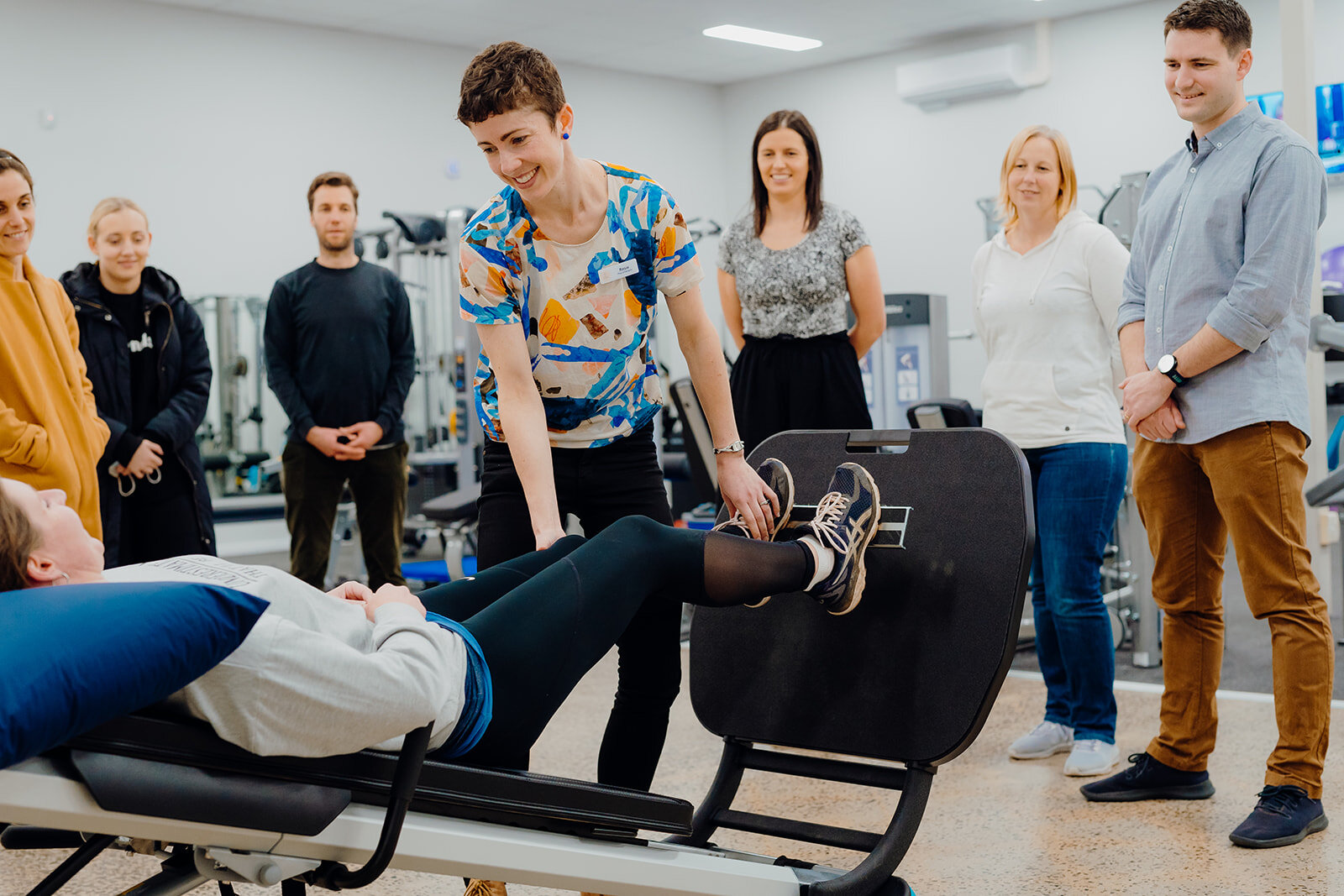
NPG Blog
Education is a big part of our practice at Neurological Physiotherapy Geelong. We believe the most powerful tool in aiding your recovery is your mind. Here we will be sharing the latest research and information on various neurological and vestibular conditions, and concussion injuries and performance.
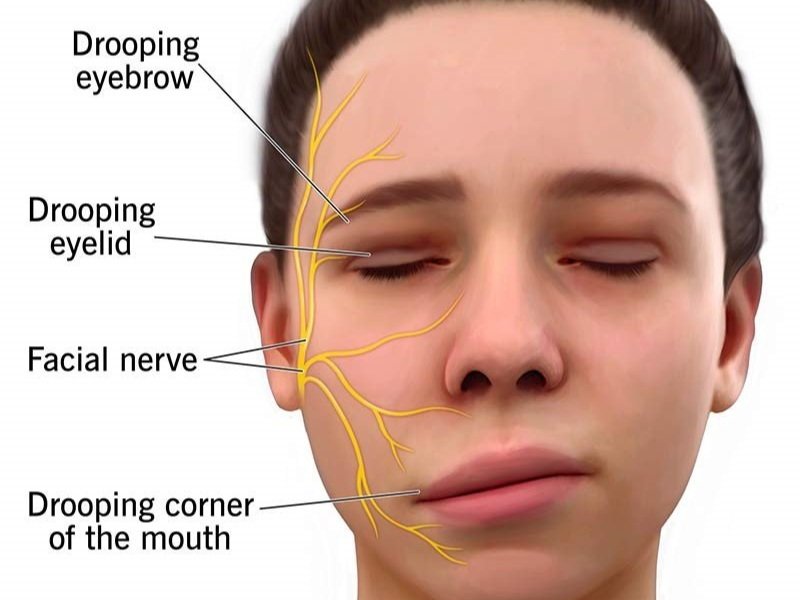
Physiotherapy for Facial Palsy
Facial palsy refers to paralysis of the muscles of the face, typically due to loss of function of the facial nerve. If the facial nerve is not working, trying to make the muscles in the face move is like trying to turn a lamp on and off when it is not plugged into a wall. Up to 10,000 Australians are affected every year.
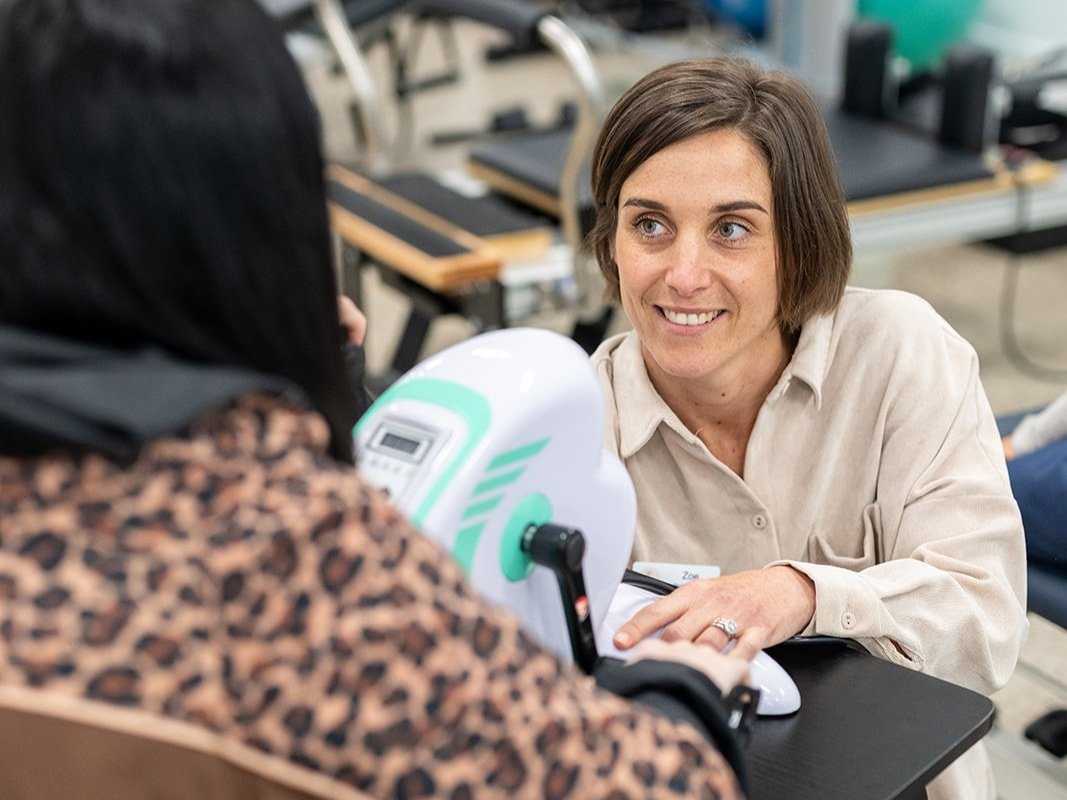
Holding her nerve for neuro physio
Director Zoe recently was recently interviewed by Menios Constantinou for ACU Impact. In the article Zoe talks about what neuro physio is, why it's the best job in the world and how her passion for ongoing learning lead to a post grad at ACU.
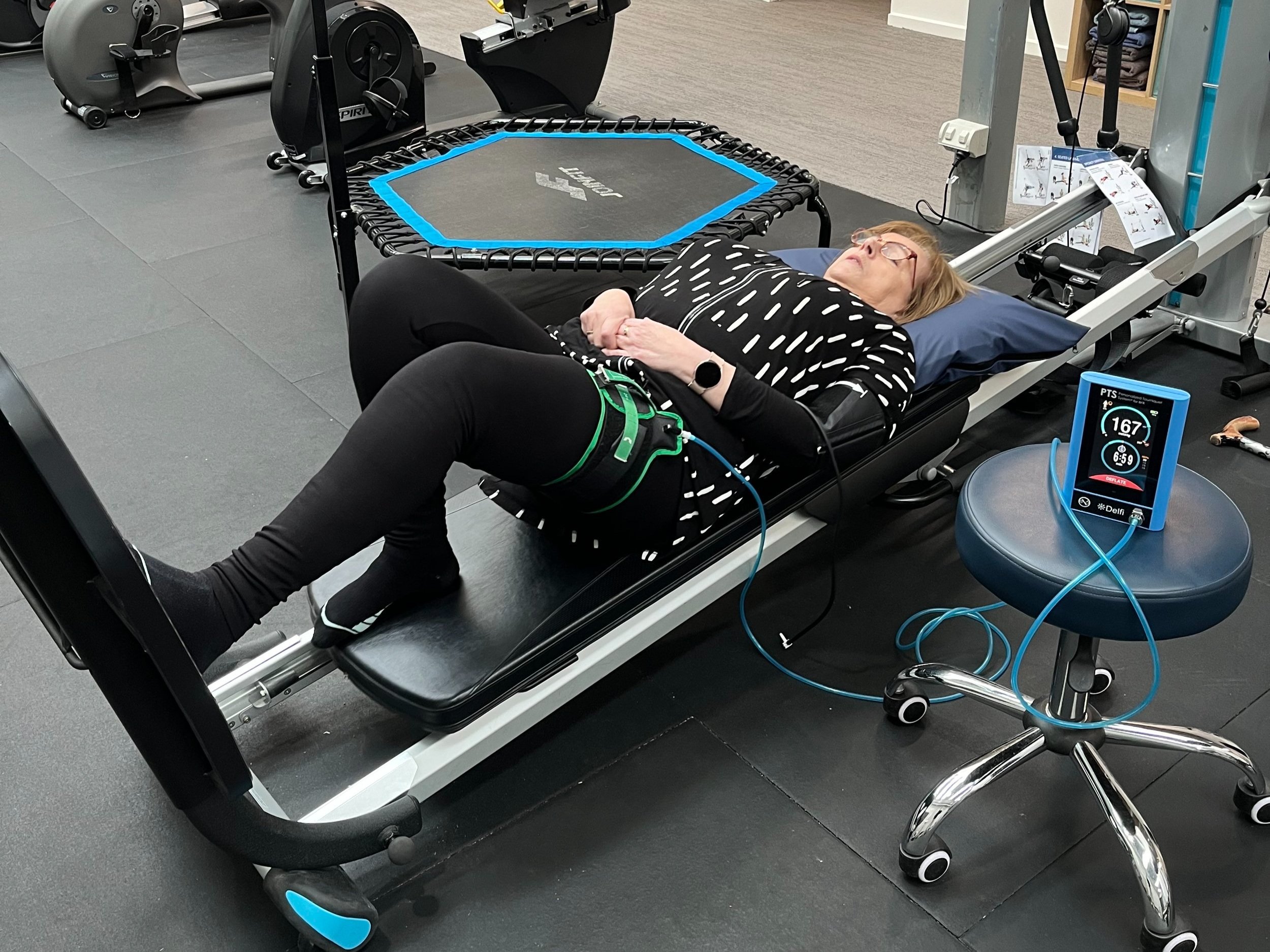
Blood Flow Restriction (BFR) training at NPG – The results are in!
We have recently completed our first BFR block of therapy with one of our multiple sclerosis (MS) clients, Wendy, and she achieved amazing results!
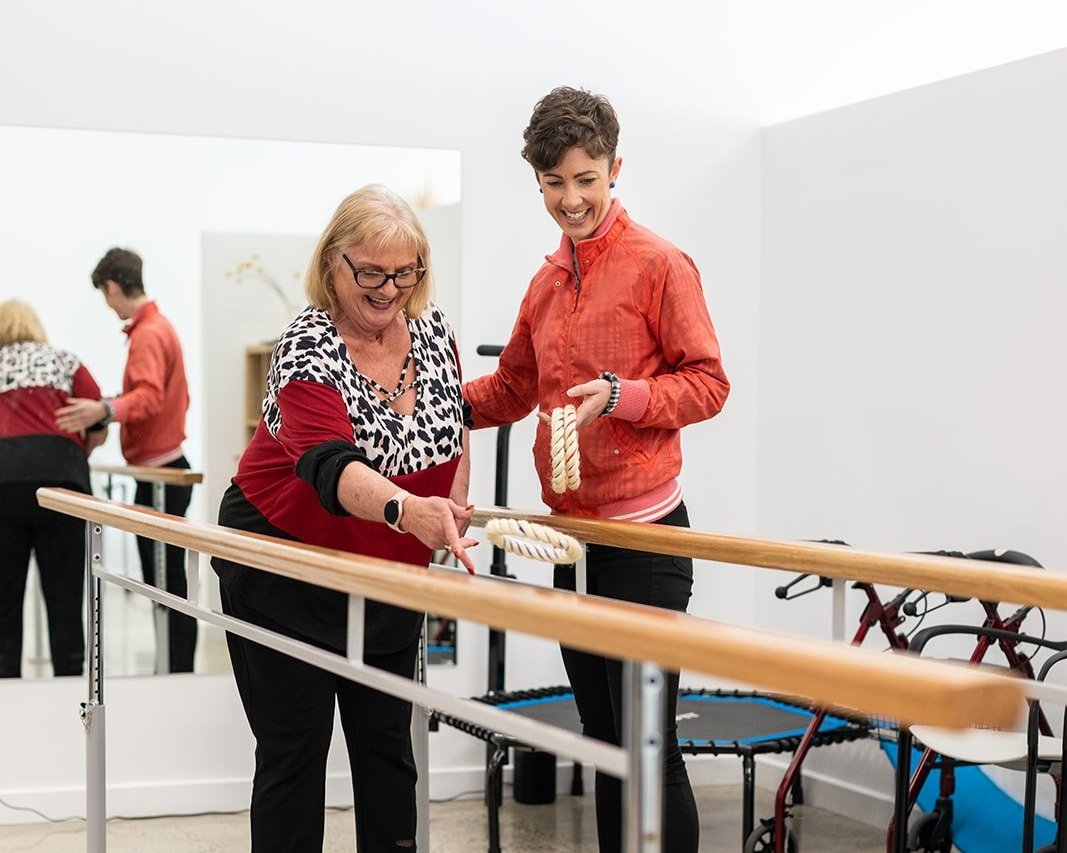
Balance Awareness Week & Migraine and Headache Awareness Week: Why These Groups Matter
This week marks two important awareness campaigns: Balance Awareness Week and Migraine and Headache Awareness Week. As a neurological physiotherapy clinic, we understand the significant impact that balance disorders and migraines have on our patients' quality of life.
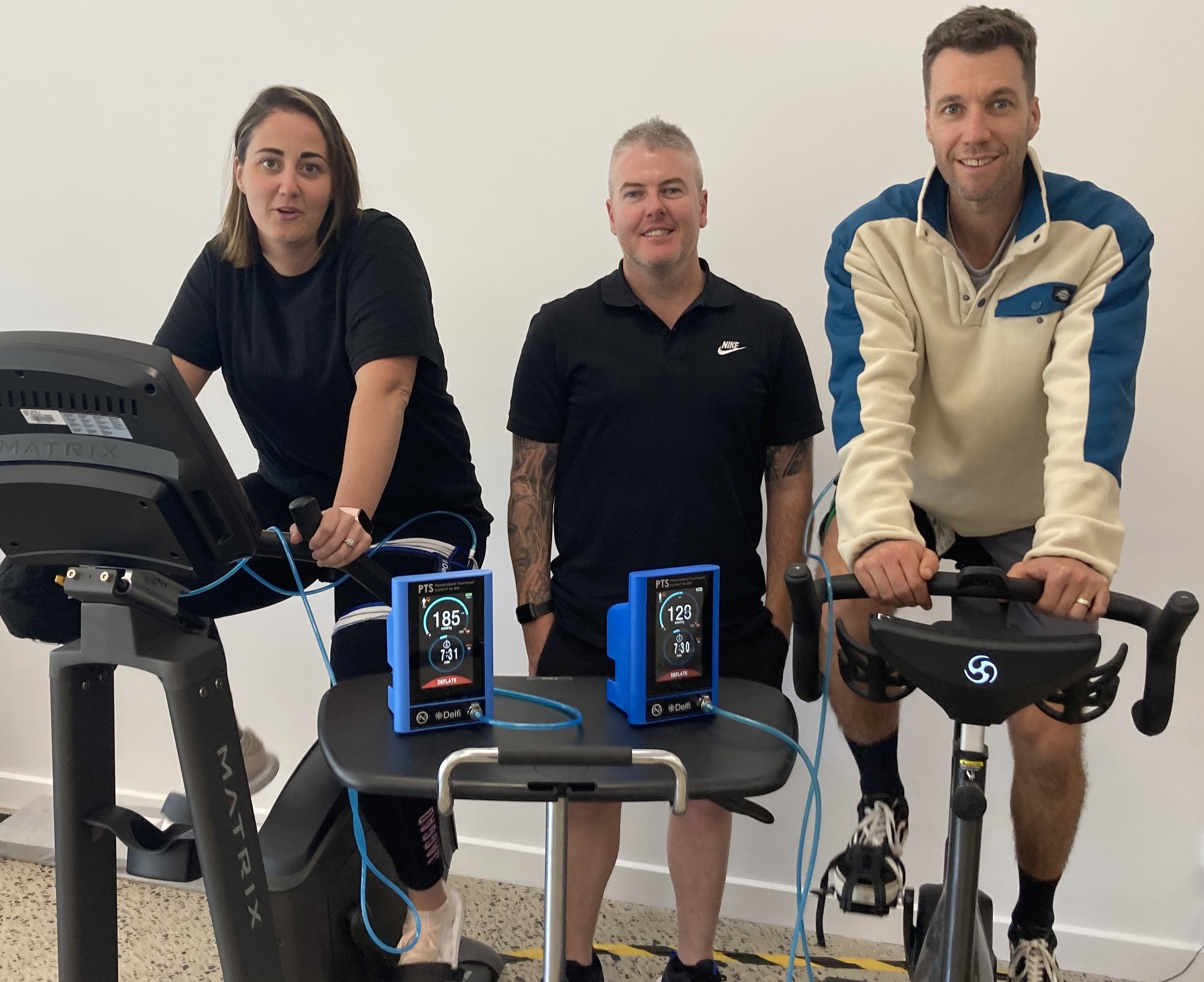
Five fast facts about Blood Flow Restriction (BFR) training in neurological conditions
Five fast facts about Blood Flow Restriction (BFR) exercise training in neurological conditions. BFR training involves wearing a very fancy, pressurised cuff on your arm or leg, while doing exercise.
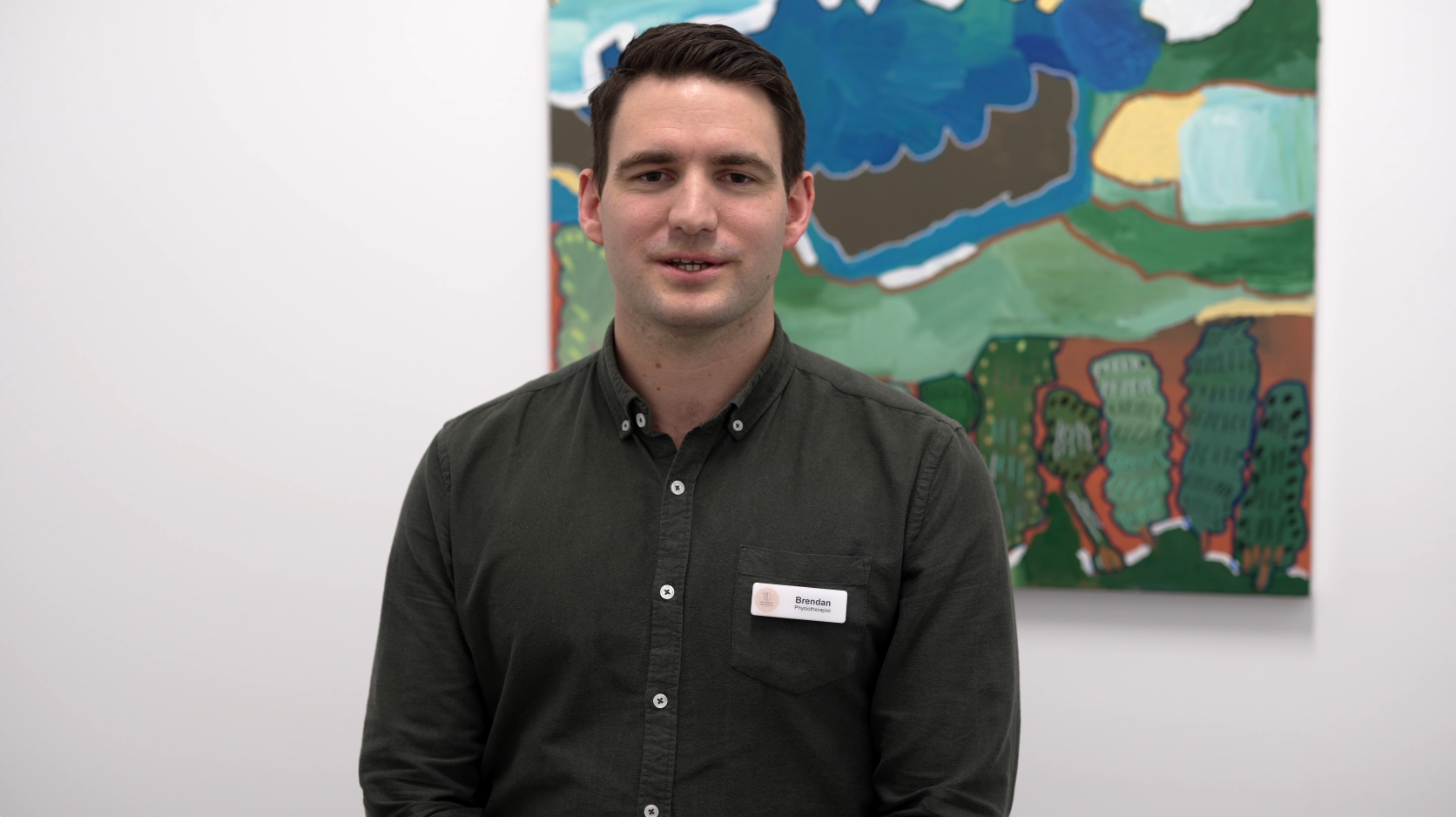
Physio for vertigo or dizziness – uncover the mystery
Did you know that specialised physios can treat vertigo? Vertigo, often described as a sensation of spinning or dizziness, can be a debilitating condition that significantly impacts one's quality of life.
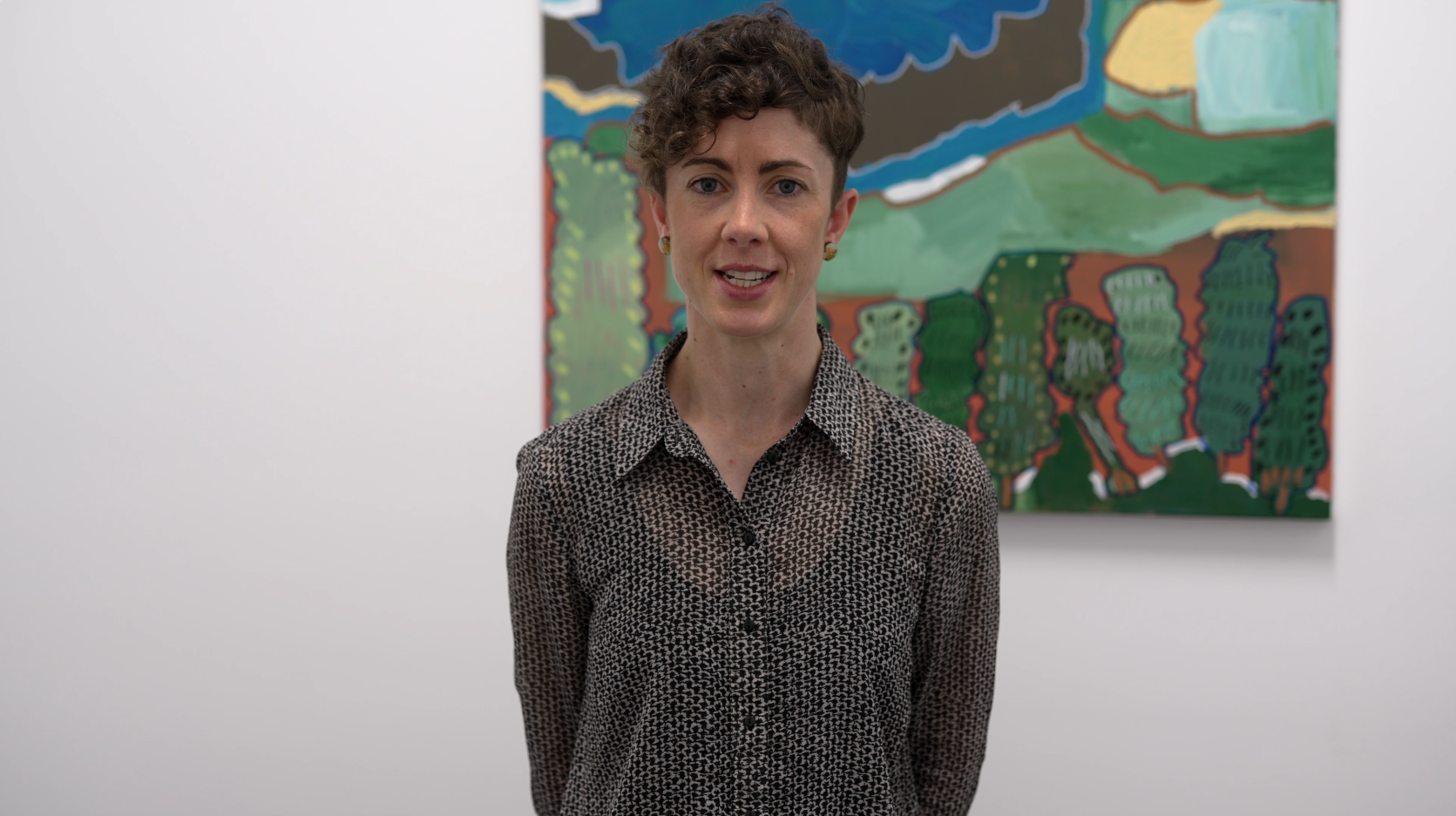
Concussion Rehab 101: What Does It Look Like?
A concussion is a type of mild traumatic brain injury (TBI) that occurs when there is a sudden, forceful impact or blow to the head or body, causing the brain to move rapidly within the skull.
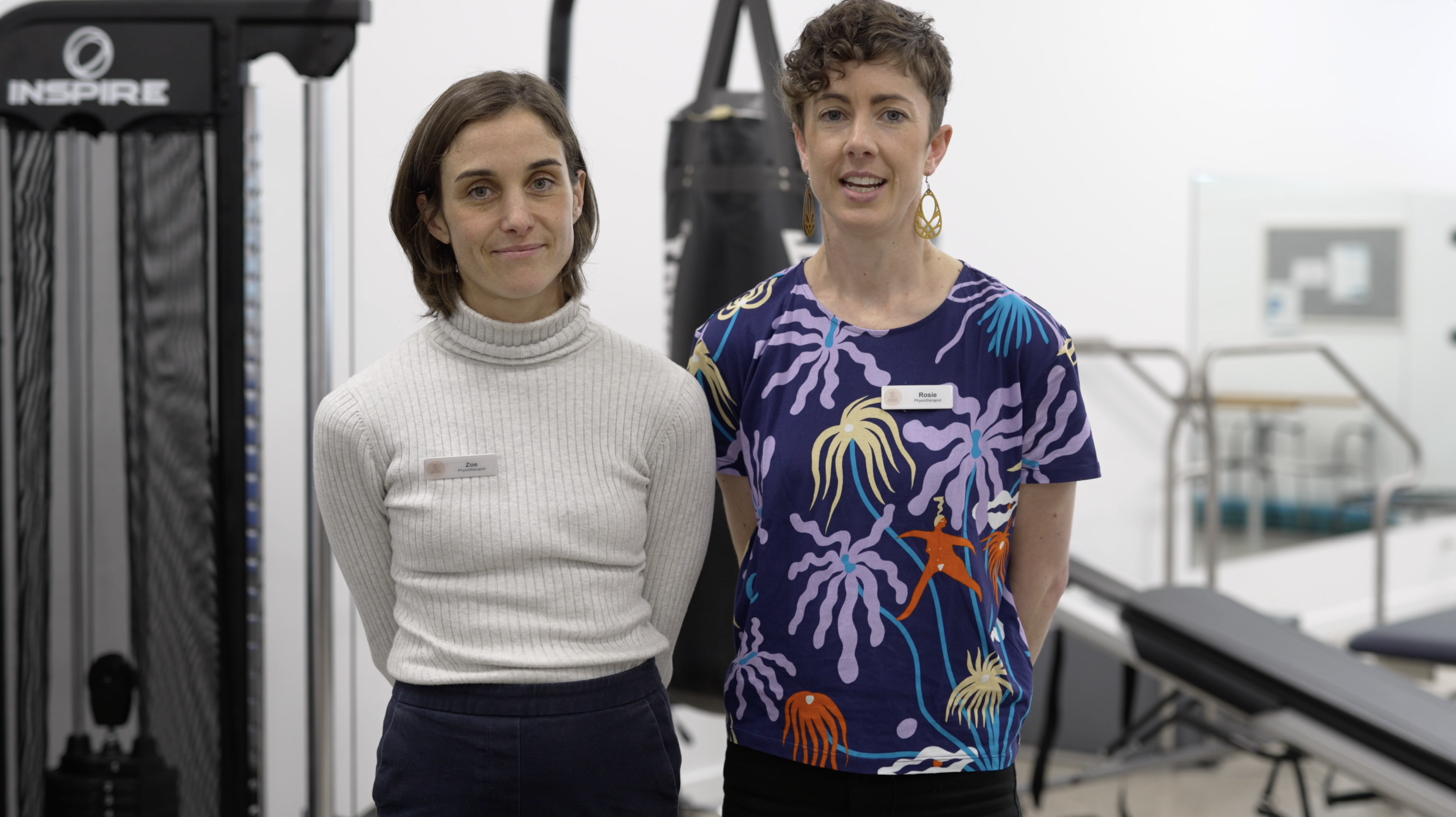
Meet the Directors behind Neuro Physio Geelong
In this blog, we invite you to meet Zoe and Rosie, the driving force behind our practice. Together, they have transformed a vision into reality, shaping a clinic that delivers high-quality, client-centered, evidence-based physiotherapy for adults living with neurological conditions and individuals of all ages with vertigo, dizziness, concussion or balance issues.
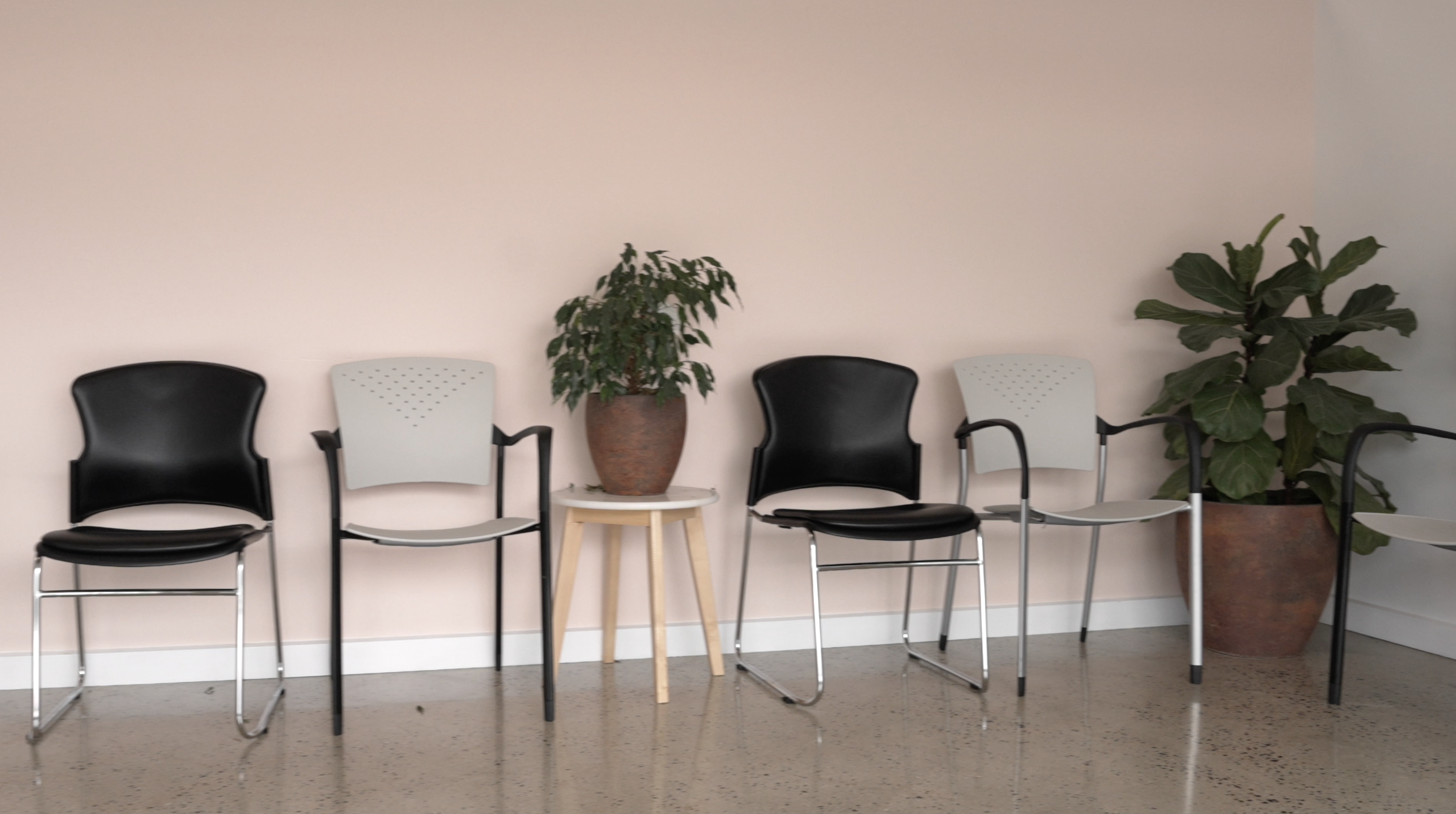
NPG –The Virtual Tour
Are you contemplating whether the journey to our clinic is worth it for your therapy needs? Let us take you on a virtual journey through the heart of our practice.
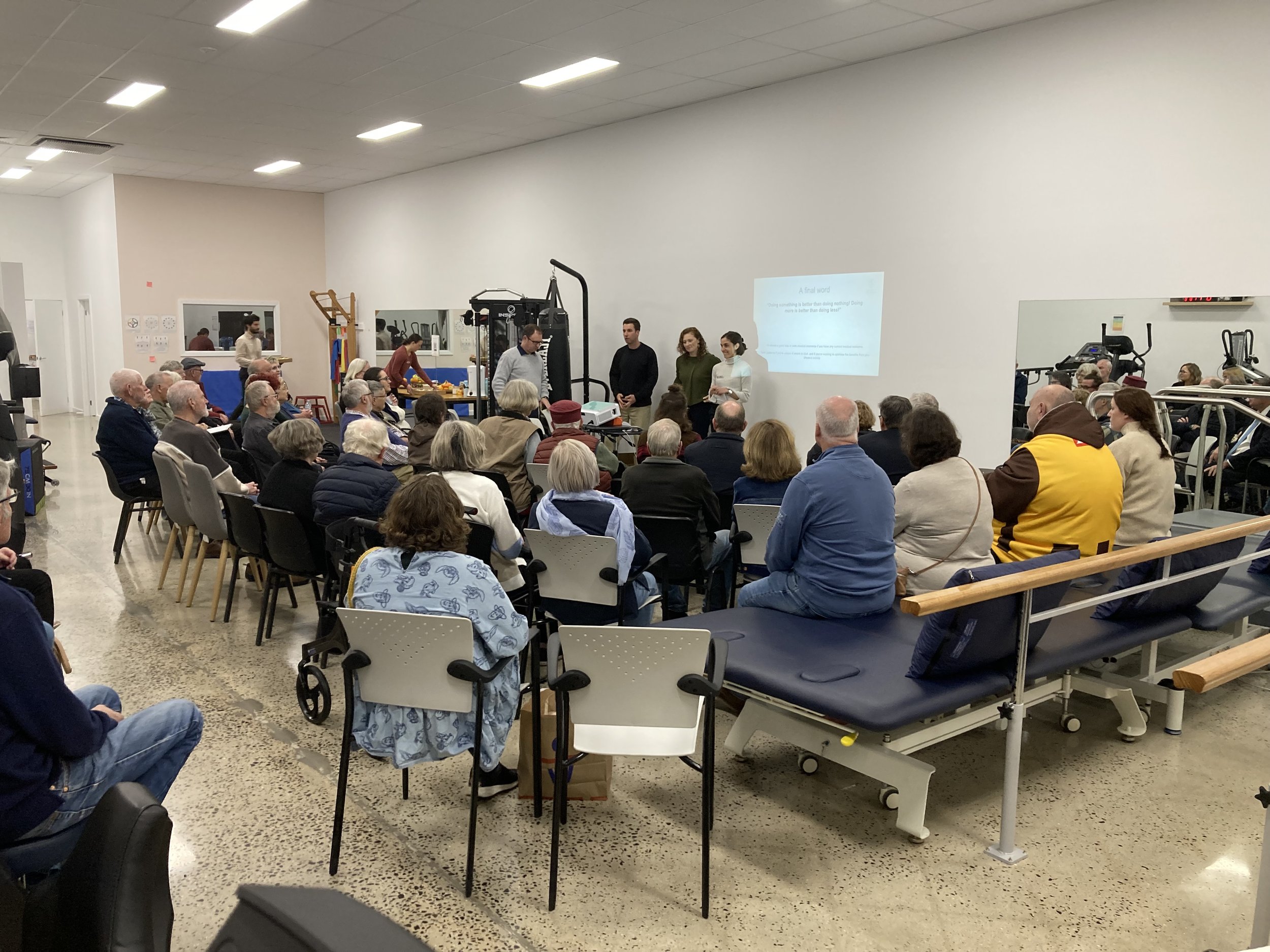
Optimising Health through Education at NPG
Last month we held our 2023 education event here at NPG, and what a success it was! The turnout was fantastic, with a range of community members coming in to learn about ‘Living Well with a Neurological Condition’.
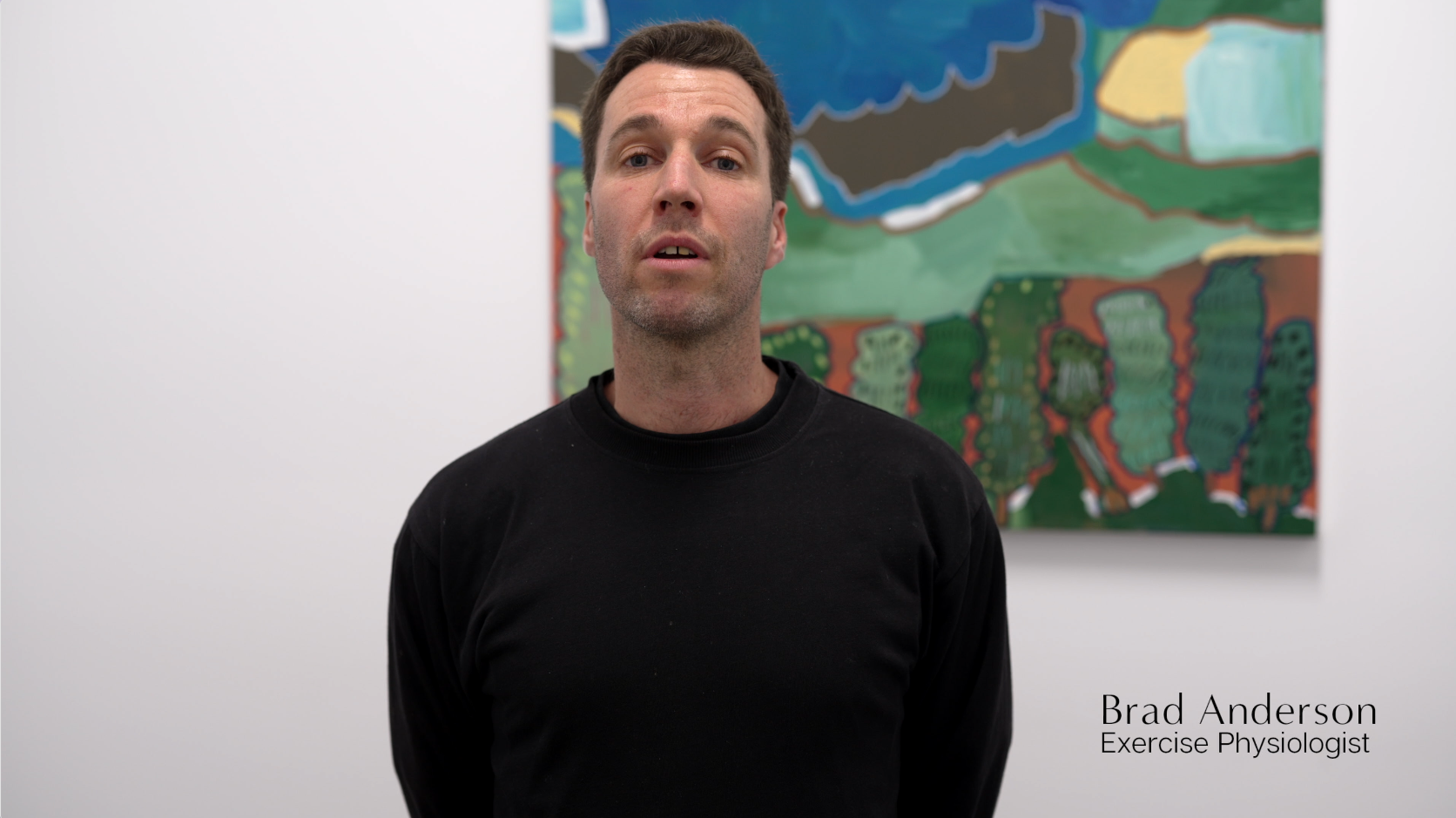
Neuro Exercise Physiology (EP) explained
In short, we not only look at treating your primary neurological condition, such as Parkinson's disease or stroke, but also look to manage your overall health and wellbeing through movement and physical activity.
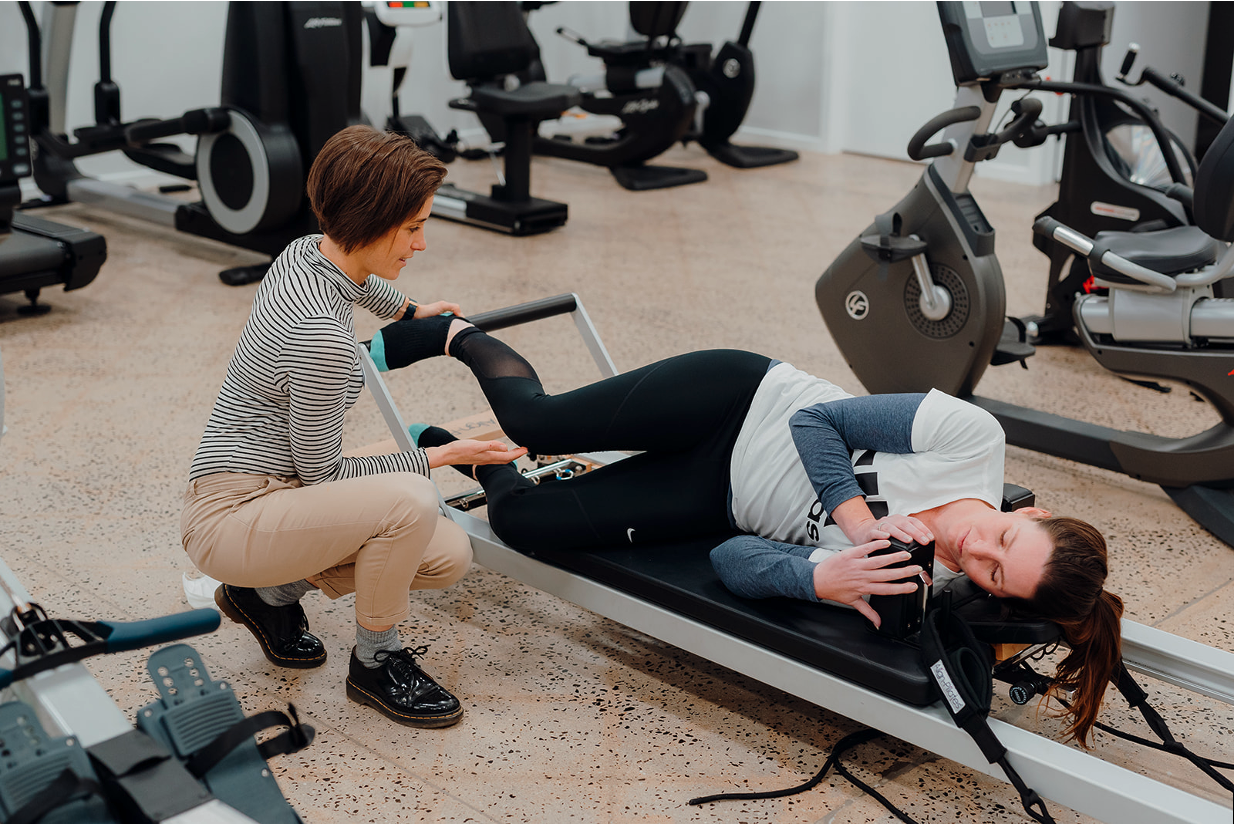
Neuro Pilates and Multiple Sclerosis (MS) – a perfect match?
Neuro Pilates is tailored mat or reformer-based Pilates exercises for people living with a neurological condition. This means that the traditional Pilates exercises have been adapted to better suit people with conditions like MS.
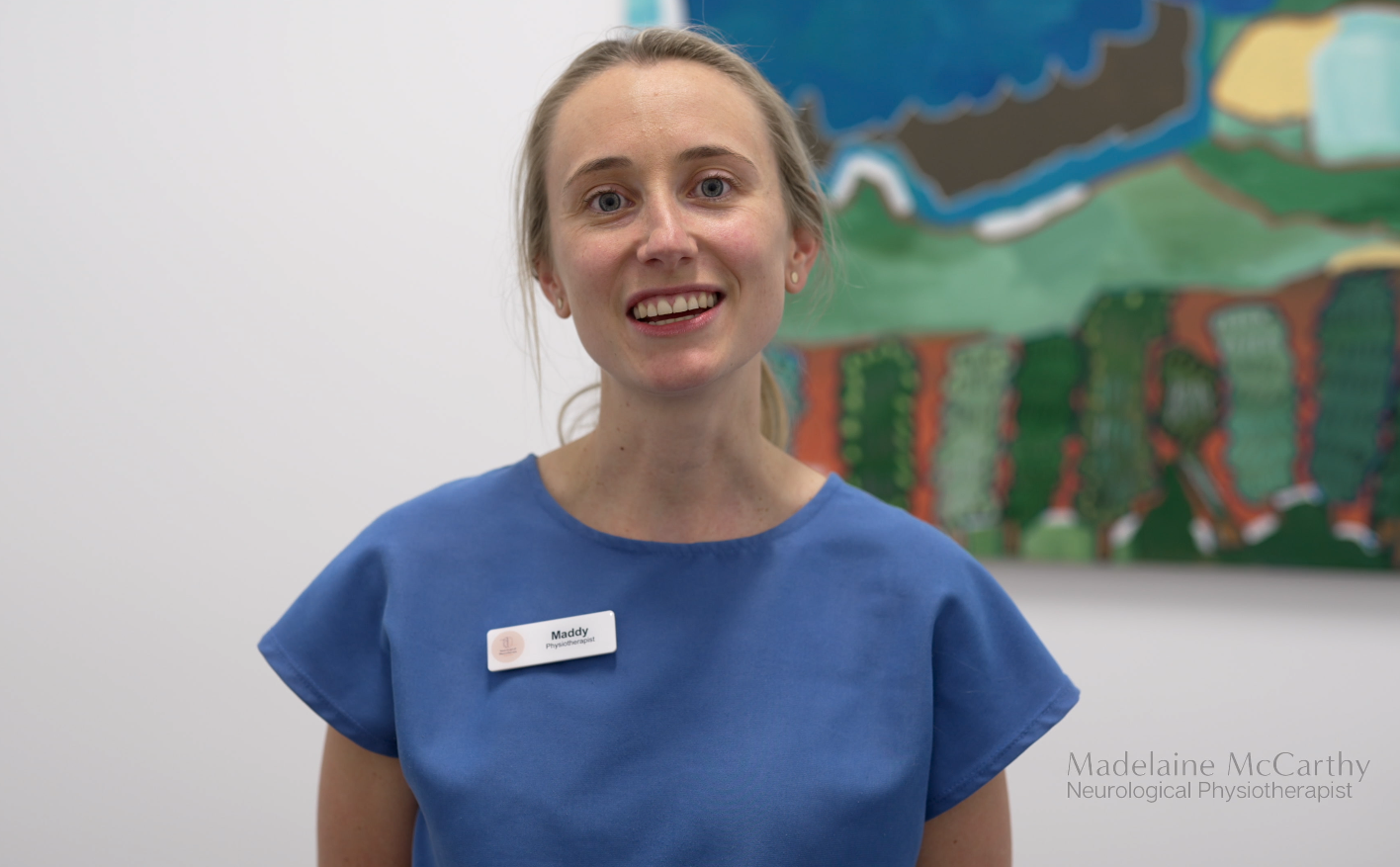
What is a Neurological Physiotherapist?
Have you ever wondered exactly what a neuro physio is, how they differ from other types of physios or if they may be able to help you? Watch the video to find out more!
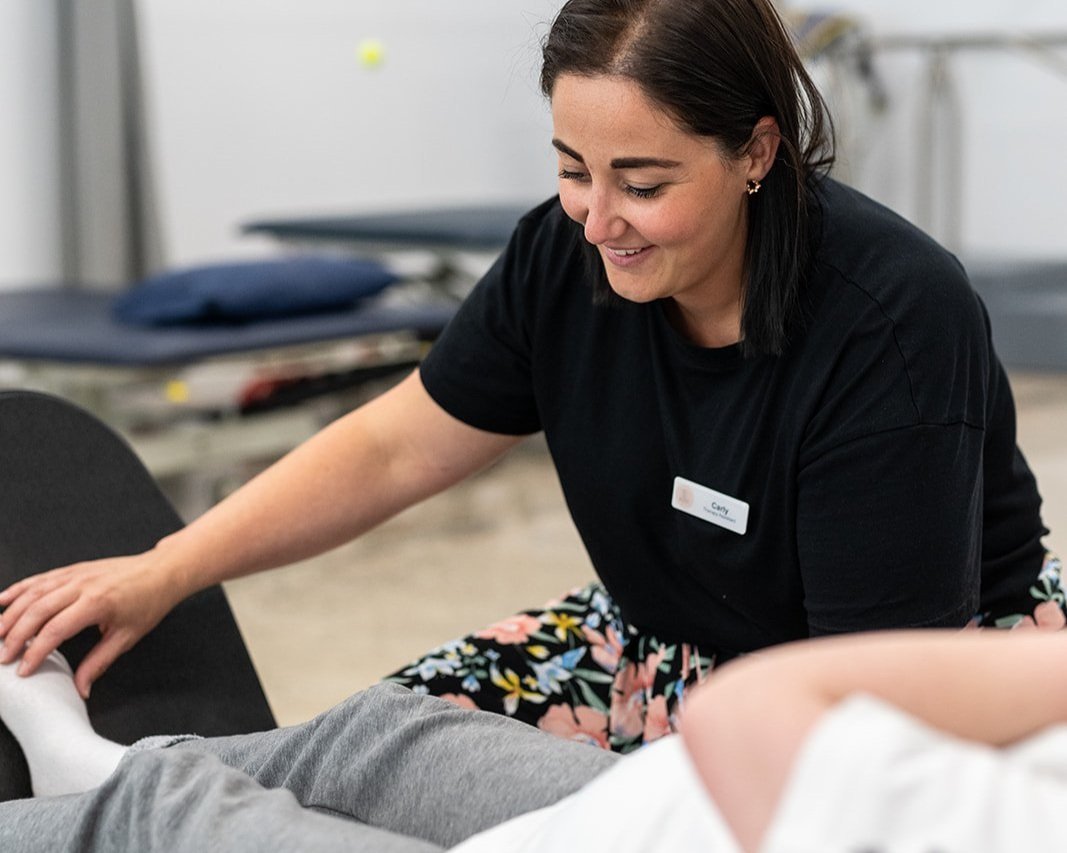
TA–Yay or Nay?
A TA, Therapy Assistant, AHA or Allied Health Assistant is someone who can help to complement your exercise program that you have been performing with your Physiotherapist or Exercise Physiologist at Neurological Physiotherapy Geelong.
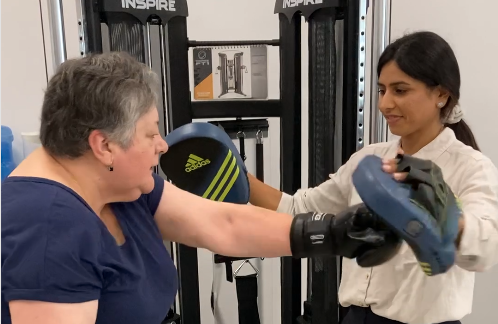
Exercise IS medicine in Parkinson’s disease
It’s never too early or late to get involved in exercise to help manage Parkinson’s disease.
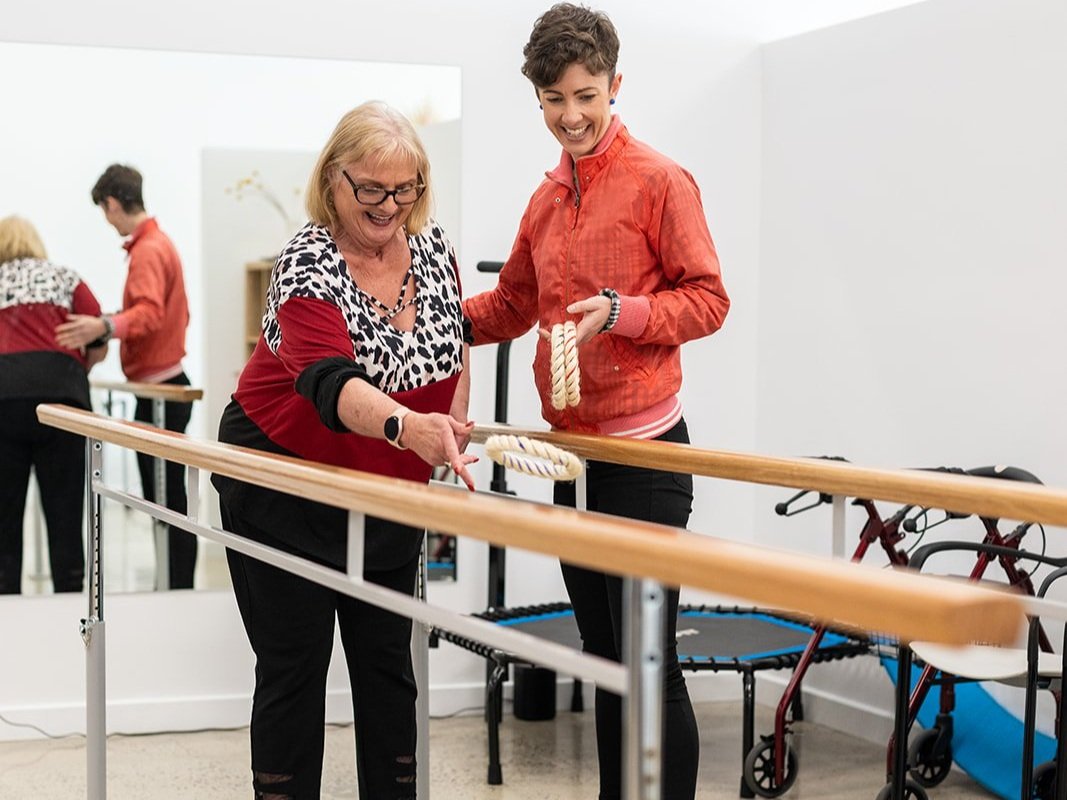
Finding Your Feet with Peripheral Neuropathy
The Peripheral Nervous System (PNS) is made up of the nerves that carry information to and from the brain and spinal cord to the rest of the body. Peripheral neuropathy is a type of nerve damage that affects the PNS. It is a relatively common condition, with estimates suggesting that it affects around 8% of the general population. It is more common in older adults, with the prevalence increasing with age.
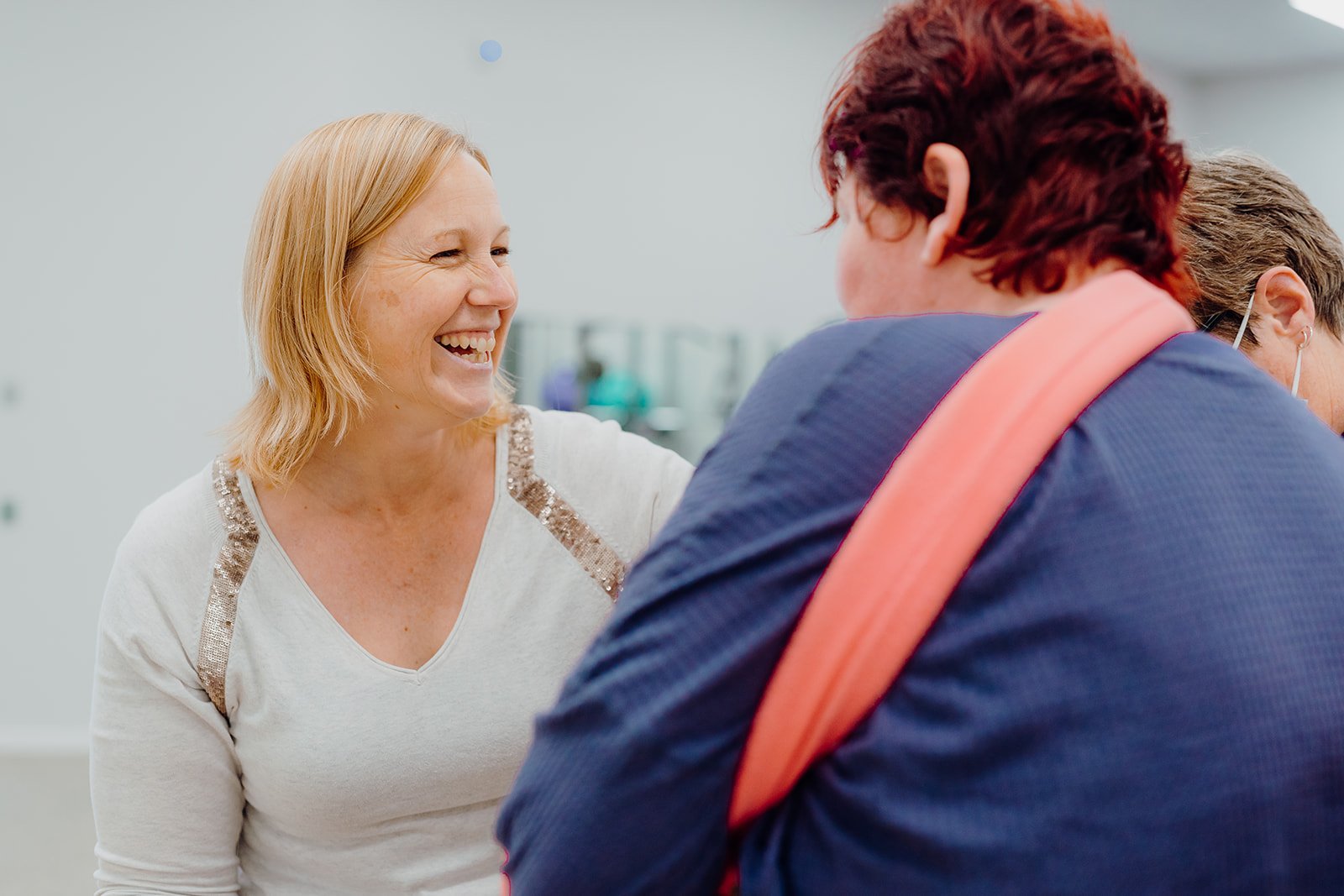
Accessing the NDIS for the first time
Trying to figure out if your new or existing neurological diagnosis makes you eligible for the NDIS can be stressful, emotional, and confusing. At NPG, we regularly support new and existing clients to prove their eligibility to access, and most of all, understand the NDIS.
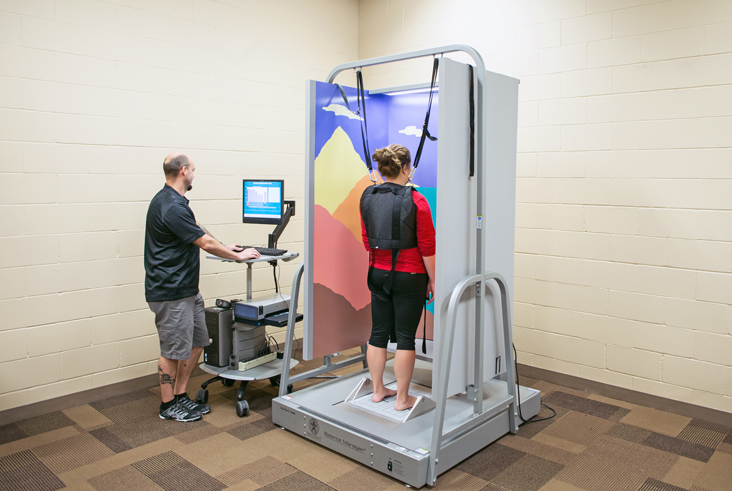
Persistent Dizziness
“I’ve been feeling dizzy and unsteady for months. Why is this and will it ever end?” Dizziness is a really common condition - most people experience dizziness in their lifetime. Sometimes it can drag on for weeks or months and in these cases Persistent Postural Perceptual Dizziness (PPPD) is one of the most common causes.
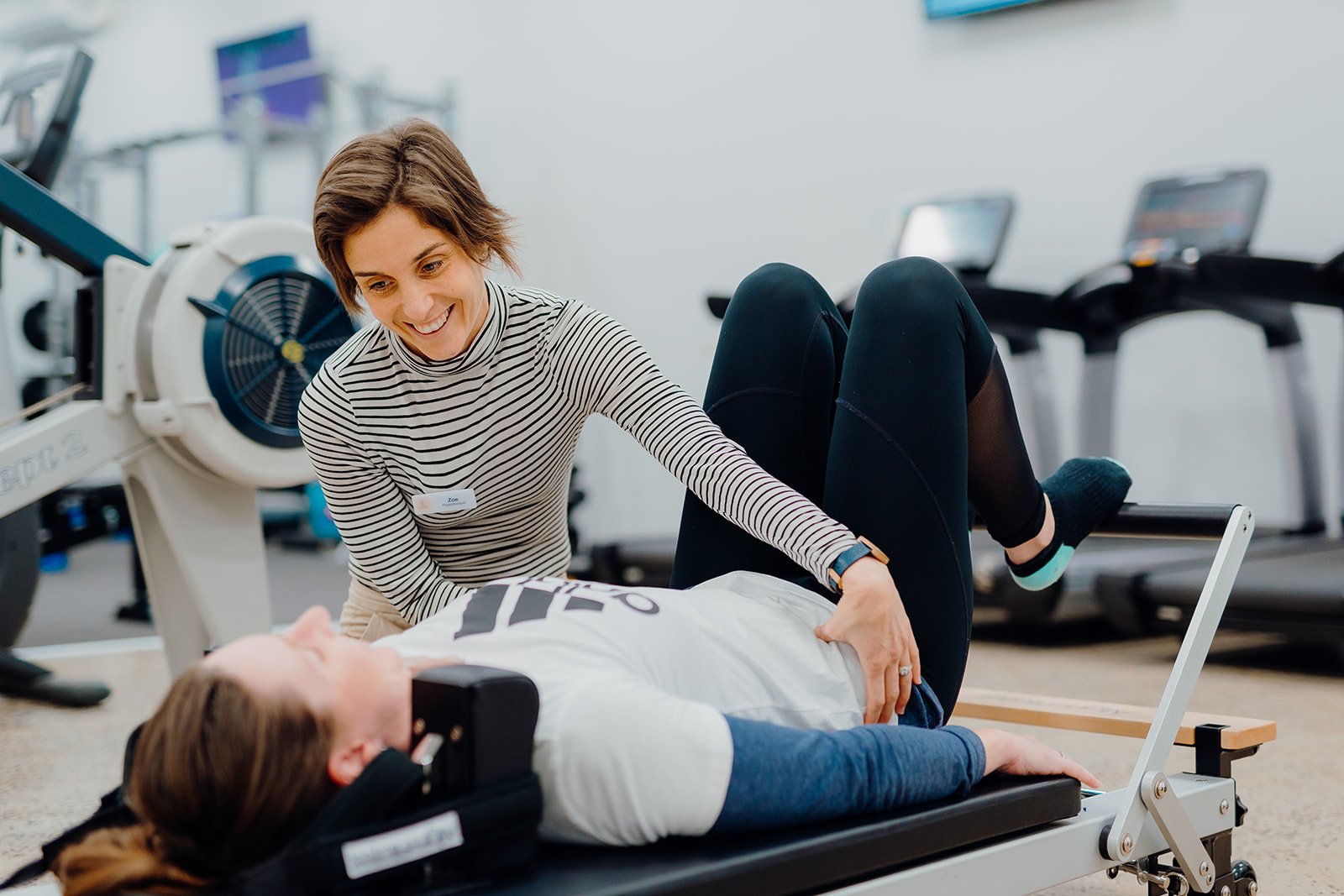
Every move counts! Exercising with a neurological condition
Physical activity looks so different for everyone, and it is not just running marathons or playing elite sports. Work and household activity, transport (ie. walking or riding to work or the shops), sport, recreation and therapeutic exercise (like you do with your physio) are all forms of physical activity
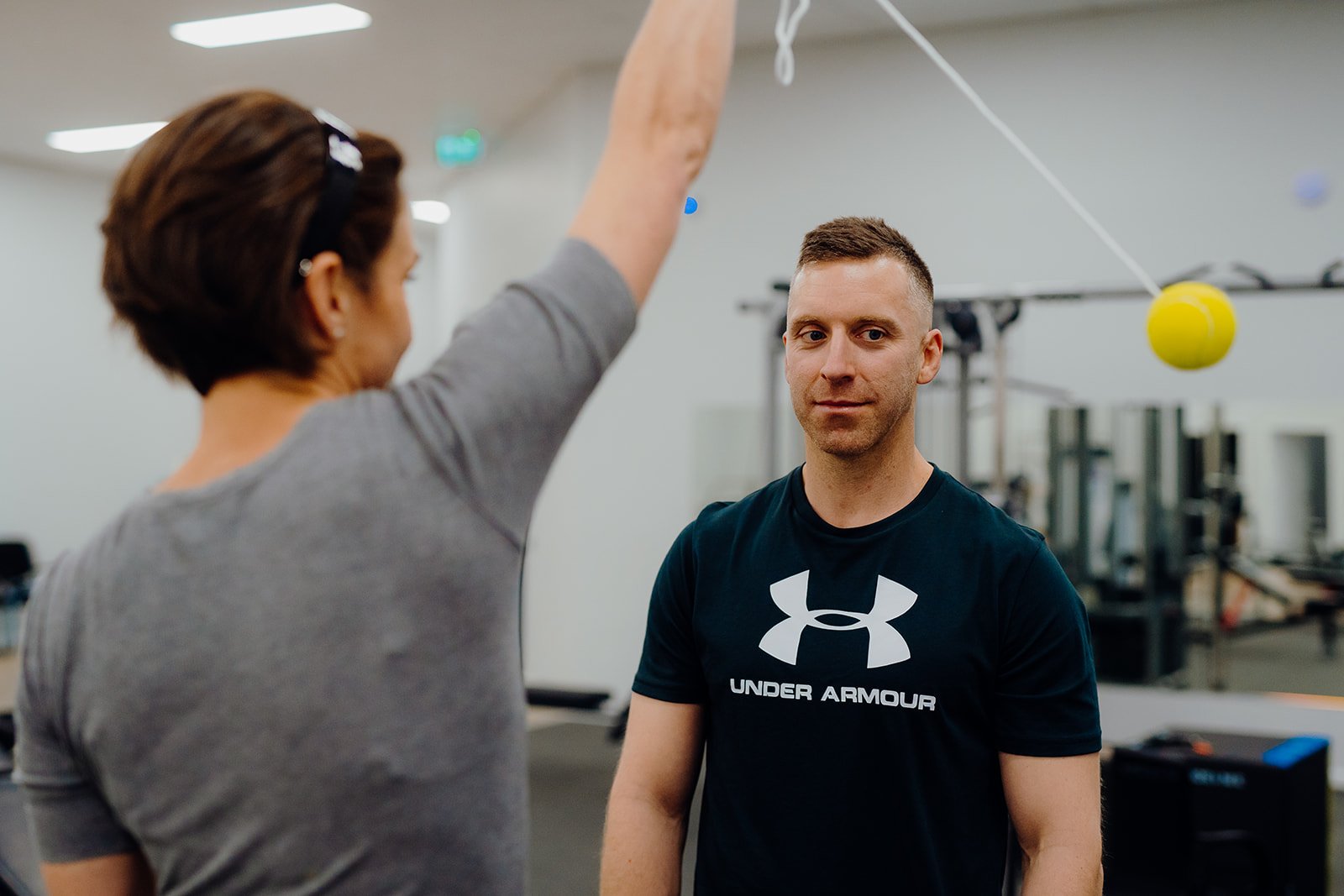
Getting your head right after a concussion
Concussion injuries can affect anyone - from elite sporting injuries to kids playground accidents to an older person falling over - and anyone in between. Concussion is a type of traumatic brain injury and needs to be taken seriously in order to achieve a full and swift recovery.
